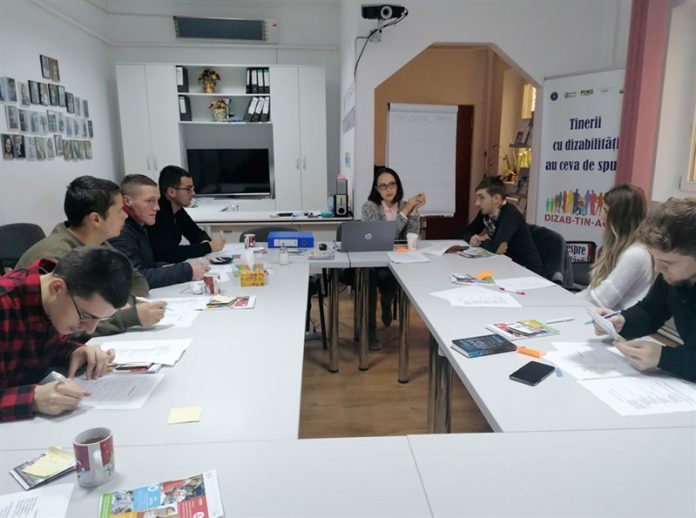The NEET’s recruitment process proved to be quite a challenging experience for all the partners from the SEPAL project, due to the specific age range of our target group. Even though we have clearly specified the admission criteria, youth outside the age range still expressed their desire to be included in the project. Reaching the specific target group was not easy at the beginning and we had to design carefully our approach. The good collaboration with local stakeholders, especially with the Local Labor Offices proved to be very helpful in the process of NEETs engagement and recruitment. The participation at the local job fairs for young people was another successful strategy that has ensured the visibility of SEPAL initiative not only among young people looking for work but also for employers.
Maintaining youth interest and participation in the project is another issue to be addressed. The partners have discovered that it is important to schedule the vocational assessment as soon as possible after signing the registration form. In this regard, the organization of job club activities coordinated by the job mediator – group meetings of youth that are included in SEPAL project – are aiming to train the job skills of youth, to maintain their interest and motivation for participation until job placement and to enable social support. It is important for them to see that they are not alone in this process and meet people dealing with similar difficulties: lack of job, lack of skills. People from vulnerable groups are often isolated and group activities are a good opportunity for them to socialize and support each other.
The five partners of the SEPAL project have established a common methodology for NEETs recruitment and what are the exact steps in working with them, but also each partner was encouraged to follow their own strategies, according to the particularities of the beneficiaries they are working with and their previous experiences.
As regarding the recruitment of the NEETs in Romania, the WISE experts in charge of this process consider this activity as quite challenging and full of surprises. They are using a lot of media communication as Facebook, Instagram, local newspapers, but also the Local Stakeholders to promote the SEPAL program in order to reach the NEETs more easily. Also, their personal networks as family, friends, and acquaintances did a great job to reach the young people, so far.
Our experts usually get in touch with them by calling them directly, explaining them about who we are and what we do in the SEPAL program, about our team and about the whole process. Among the other regular questions, they ask “what are the cost for them to access these services, to help them find a job, or to help them have more faith in applying for a job, going to the interview and so on”. Most of them smile and are very happy when they find out it is for free.
After we schedule a meeting and we talk a bit more details about us and we earn their trust, our NEETs are more open and communicative about what kind of job they had and the challenges they faced while looking for a job alone on the labor market and what kind of job they are looking for.
Usually, at the second meeting a vocational profile is made so we could know exactly what kind of job they desire and be able to determinate what qualities they possess in order to know what to look on the market or if one of the employees we are in contact with has such a job offer to match their competences. If needed we recommend a qualification training or some sessions of Job Club.
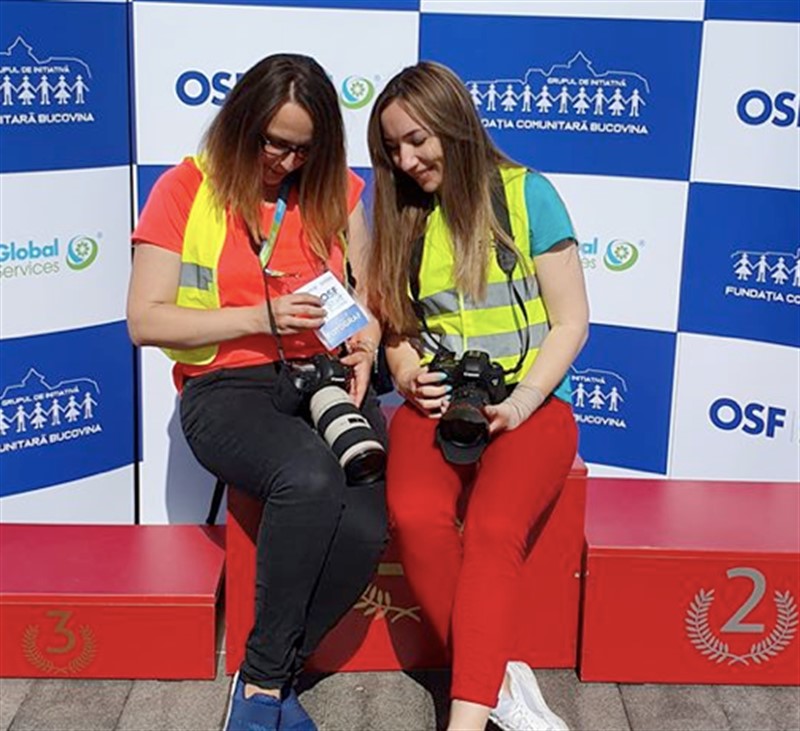
At the Job Club we actually teach them how to make a CV, how to look for a job on the labor market, how to apply online for a job, or through e-mail, and how to face an interview with success. The Job Club activities are also very good for socializing. The NEETs from our target group usually miss this part and here, because they are all facing the same challenges, they empathize with one another and also get more motivated to succeed.
One of the NEETs from Romania that joined the SEPAL program in July 2019, already in September got her dream job of becoming a photographer assistant. She is improving every day to be better.
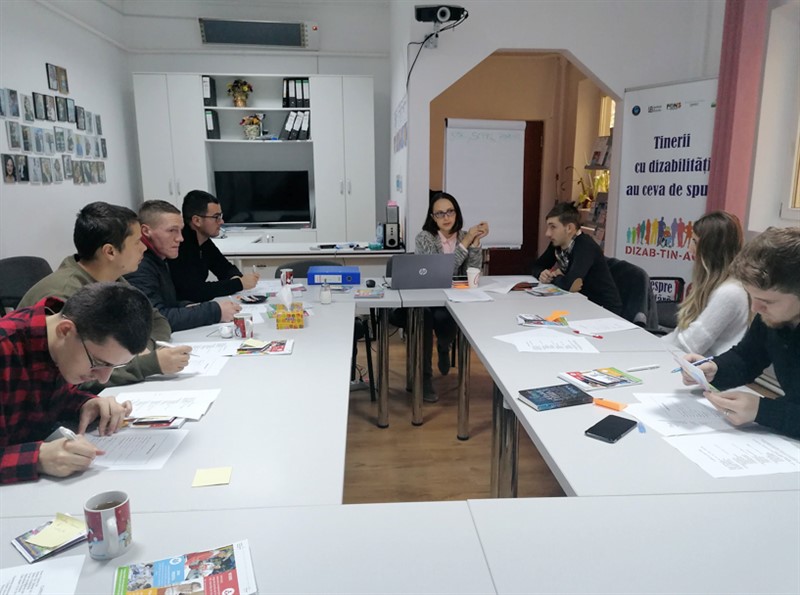
In Spain, during the first year of the project, about 37 youngsters are registered as job seekers and signed a commitment to be part of the NEETs recruitment process. Group and individual sessions are ongoing, analyzing the current education, social and employment situation to project their future and expectations in middle and long terms.
The work of our Spanish partner is focused in three neighborhoods in Barcelona and Badalona with a high rate of Roma population. In order to have a diversity approach, recently, they are also working with migrants’ organizations to have an integrated and inclusive support. A group of Roma women at risk of exclusion is setting up in order to promote a gender equality and reach the Roma women emancipation.
Our stakeholders’ network is every day more enlarged and they are being involved on the recruitment of the NEETs and their training, apprenticeship steps etc. Actually, Spain is implementing a lot of ambitious apprenticeship and labor initiatives. On one hand, these initiatives raise the competition among NGOs and on the other hand sharing experiences among us means feeding each other with ideas and new challenges. The collaboration with social enterprises is one of the best practices we are adopting. Mescladis is one of them, which has more than 14 years training and offering jobs to the migrant youngsters through cooking trainings.
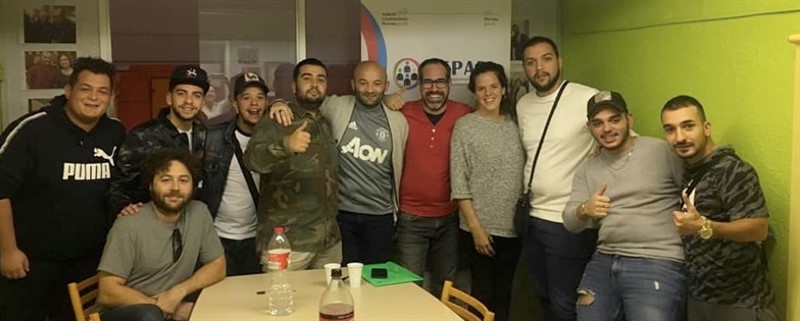
In Greece, since May 2019, we have approached many mental health organisations to inform them about the SEPAL project and to ask for their cooperation/involvement in terms of referrals of candidates aged 24-29. At the same time, we approached agencies and organisations that could provide either apprenticeship positions, or training and certification in specialized skills. Through this article, our Greek partners wanted to share the story of a young man, an asylum seeker with high skills and low self-esteem. He was reluctant to start looking for a job, he had no CV and had no idea where to start looking for a job. He was also very scared – mainly of being rejected. This person was referred to KoiSPE “Diadromes” by another organisation and agreed to be registered in the SEPAL project.
Following the intake, there were five more sessions during which he was helped to structure his CV and was supported in terms of boosting his self-esteem. Finally, he felt strong enough to apply for a job. All it took was two meetings with the potential employer and was eventually offered a position. A week later called KoiSPE “Diadromes” and asked for an appointment with the SEPAL WISE expert. He came to the session and offered chocolate bars, with a big smile on his face and said that through the provided support finally got the courage and developed faith in himself, his worth and abilities. As per his words, this was the most essential skill that earned him the job.
In Poland, our project partner has intensified their efforts in the recruitment process of the project’s target group. They organized some meetings with local stakeholders (LSCs) and other organizations (public and private) to create a local network of job support. They created and posted some advertisements about the SEPAL project and the recruitment process on job searching websites. The Polish team created a list of students from their University (from years 2016-2019) who graduated or dropped out Collegium Balticum and shared with them information about project.
The Polish team has made some recruitment interviews for the project and created the first group of NEETs for which to develop their vocational profiles to decide about the next steps of the project (training, employment or apprenticeship).
They had interviews with a lot of young people who are looking for a job. One of them was Wojtek, a young man who spent almost two years abroad (UK) mostly to find well paid jobs. After a few months of disappointment, he decided to come back to Poland. He tried to find a proper job and engaged quite a lot in charity activities. Our team decided to include him on our apprenticeship programme to help him get back on the Polish labor market.
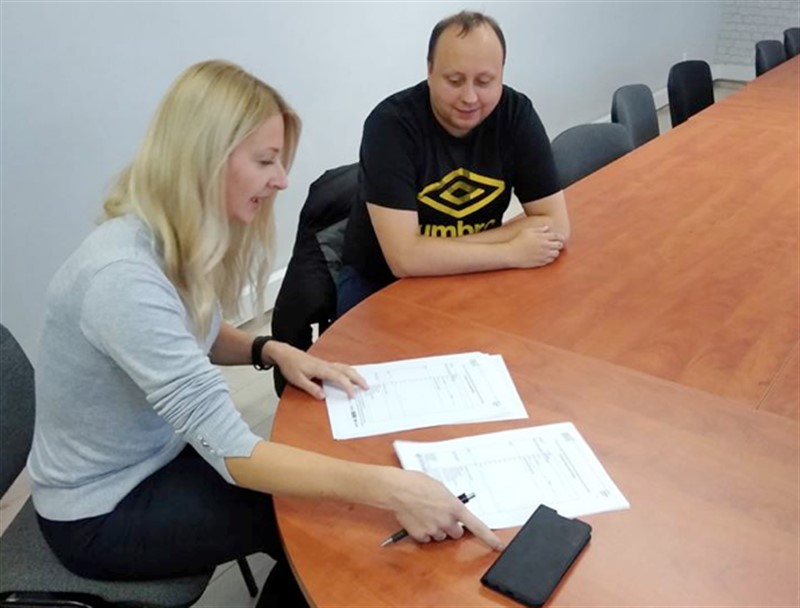
The Polish team is working very hard to promote the SEPAL project in West Pomerania region and they have just started to extend information about this international initiative in whole of Poland.
The mission to provide better apprenticeship and internship conditions for our NEETs continues. It isn’t an easy process, but it sure comes with many rewards and success stories.
More details about the SEPAL project activities are available on the website or on the project Facebook page.

